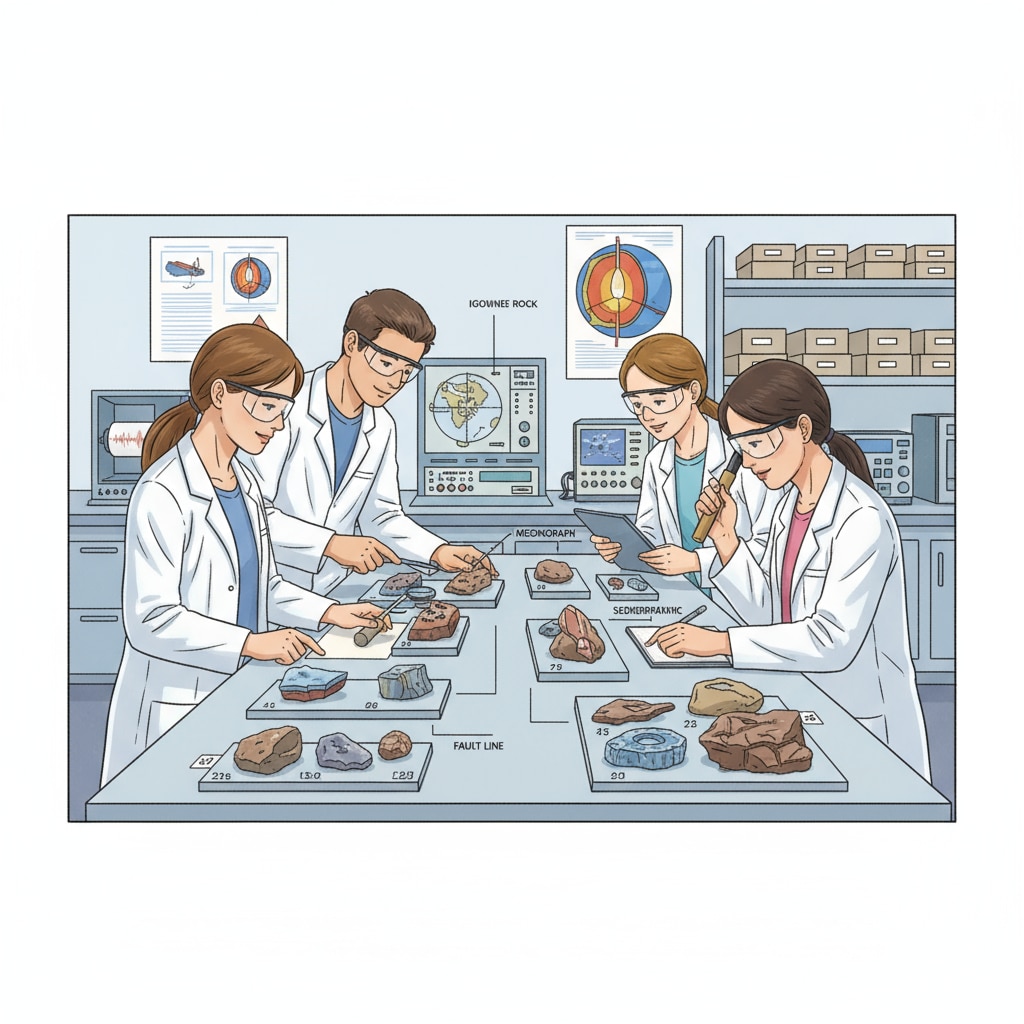Geophysics graduates often encounter employment dilemmas, and the idea of pursuing a second master’s degree has emerged as a potential solution. In today’s job market, the landscape for earth science professionals is complex, with various factors influencing their career choices.

The Employment Challenges Faced by Geophysics Graduates
The job market for geophysics graduates is not as expansive as one might hope. Many traditional sectors that hire geophysics majors, such as the oil and gas industry, have been facing fluctuations due to economic and environmental factors. For example, the increasing push towards renewable energy sources has led to a slowdown in some oil and gas exploration projects, which in turn reduces the demand for geophysics experts in these areas. As a result, graduates often find themselves competing for a limited number of positions.

The Feasibility of a Second Master’s Degree
Pursuing a second master’s degree can be a viable option for geophysics graduates. It allows them to specialize in a more in-demand field or gain new skills that can enhance their employability. For instance, a second master’s in environmental geophysics can open doors to opportunities in environmental assessment and remediation. However, it also comes with its own set of challenges. The financial cost of another master’s program can be substantial, and the time commitment may delay entry into the job market. According to Britannica, geophysics encompasses a wide range of sub-disciplines, and choosing the right second master’s specialization is crucial.
Another aspect to consider is the compatibility of the first and second master’s degrees. Some universities may have specific requirements or restrictions regarding the combination of degrees. Therefore, thorough research and planning are essential before making the decision.
Readability guidance: As we’ve seen, the employment situation for geophysics graduates is tough, and the second master’s degree option has its own pros and cons. In the next section, we’ll explore an alternative career path for these graduates.
K12 Education as an Alternative Career Path
K12 education can be an attractive alternative for earth science professionals. There is a growing need for science teachers who can effectively communicate complex geophysics concepts to students. Geophysics graduates possess in-depth knowledge that can inspire the next generation of scientists. By entering the K12 education field, they not only contribute to education but also find a stable career path. Moreover, they can use their practical experience and research background to make lessons more engaging. For example, they can share real-life examples of geophysical phenomena, like earthquakes or volcanic eruptions, making the learning process more interesting for students. As per Wikipedia, geophysics is an interdisciplinary field, and this knowledge can be effectively utilized in the classroom to provide a well-rounded learning experience.
In conclusion, geophysics graduates facing employment dilemmas have options. Whether it’s pursuing a second master’s degree or exploring alternative career paths like K12 education, they can take steps to reshape their professional journey and find fulfilling careers in the ever-evolving job market.


